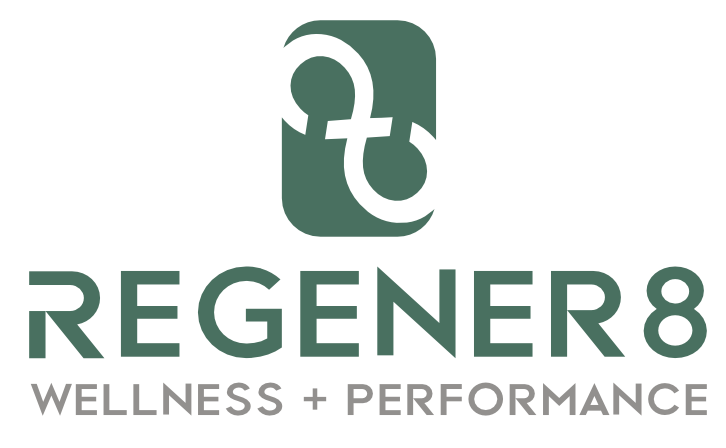Hormone therapy has been an essential treatment for various medical conditions over the years when it comes to women’s health. Yet, misconceptions about Hormone Therapy persist. Here, we debunk five common myths about Women’s Hormone Therapy, so you can make informed decisions about your own health.
1. MYTH: Testosterone Therapy is only for Men
Fact: While testosterone is often associated with men, women also produce it in smaller amounts. Some women with a diagnosed testosterone deficiency or certain sexual dysfunction might benefit from testosterone therapy. As always, it’s essential to discuss potential benefits and risks with a healthcare provider.
2. MYTH: Natural or Herbal Supplements are Just as Effective
Fact: Some individuals believe that herbal supplements, like black cohosh or soy isoflavones, can replace traditional hormone therapies. While some supplements might offer relief for mild symptoms, they are not a direct replacement for hormone therapy. It’s essential to approach supplements with caution, understand their potential interactions with other medications, and consult a healthcare professional before starting any regimen.
3. MYTH: Women Should Avoid Hormone Therapy Due to Risks
Fact: Hormone Therapy is not a one-size-fits-all solution. While there are associated risks, there are also many benefits. For many women, especially those with severe menopausal symptoms, the advantages of hormone therapy outweigh potential risks. It’s about individual assessment. At Regener8, we can guide you on weighing the pros and cons and deciding what’s best based on your health history, age, and specific needs.
4. MYTH: Hormone Therapy Increase the Risk of Heart Disease and Breast Cancer
Fact: The connection between hormone therapy and these health risks is nuanced. While early studies highlighted concerns, later research indicates that factors like therapy type, timing, and individual circumstances impact the risk. Estrogen-only therapy, for example, may present a lower risk compared to combined estrogen-progestin therapy. It’s important to consult with a healthcare expert that can help figure this all out with you!
5. MYTH: Hormone Therapy Affects Everyone the Same Way
Fact: Individual responses to hormone therapy can vary significantly. Factors such as genetics, overall health, concurrent medications, and even lifestyle choices can influence how someone reacts to the treatment. Regular consultations with a healthcare professional can help tailor the therapy to an individual’s unique needs.
Understanding the nuances of hormone therapy is essential. These facts we just shared with you aim to dispel misconceptions and provide a clearer picture if you are considering or undergoing Hormone Therapy.
